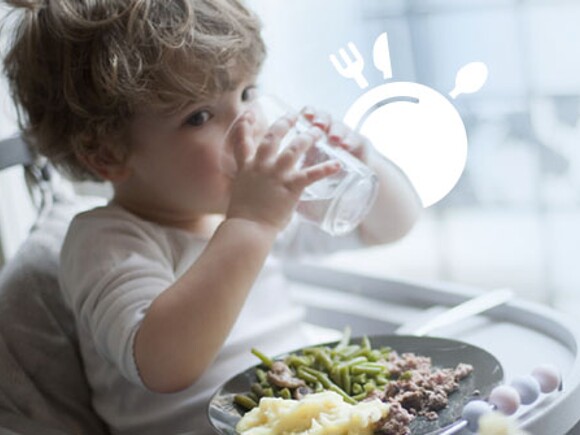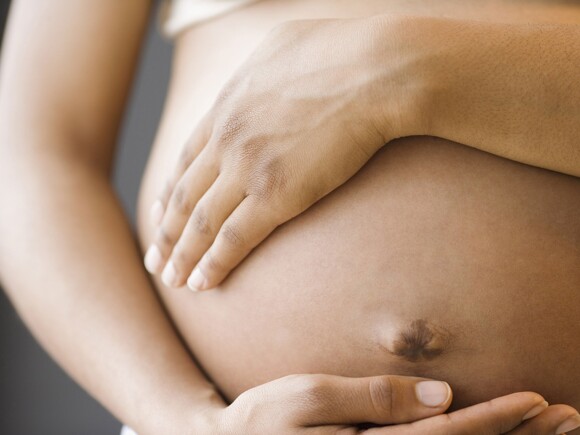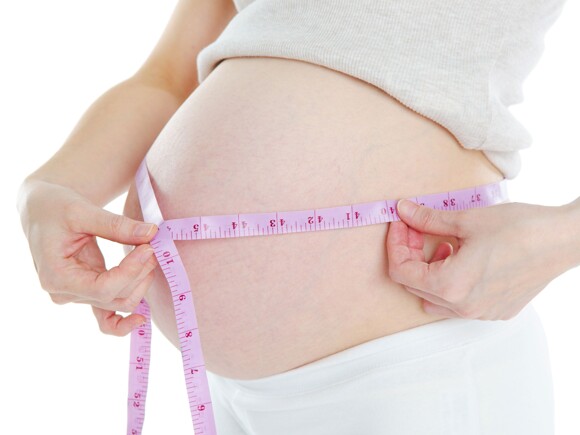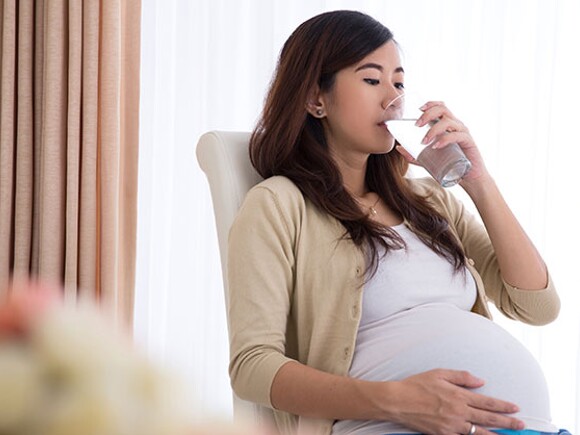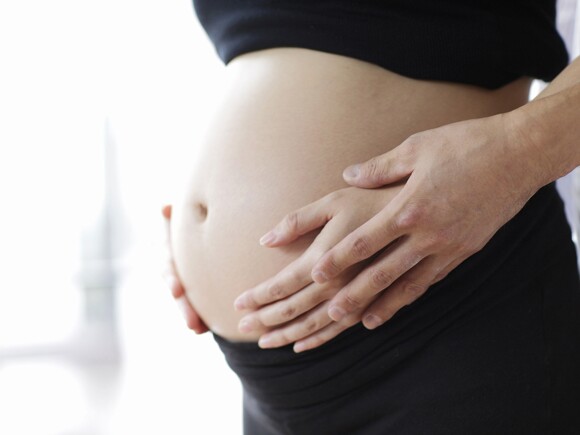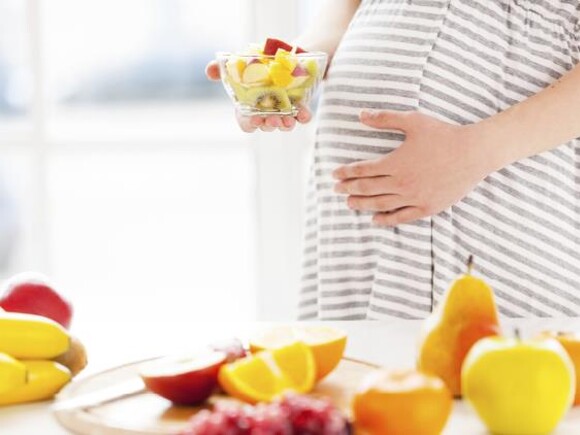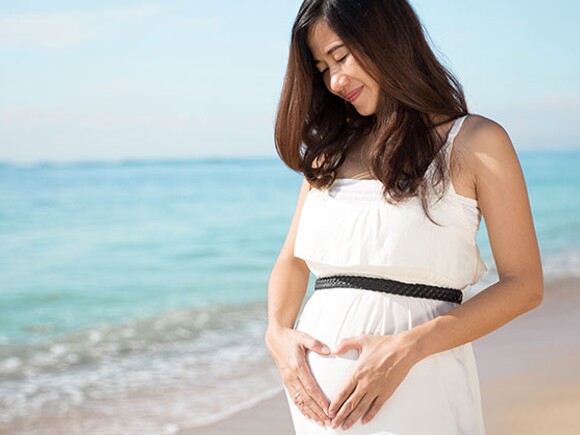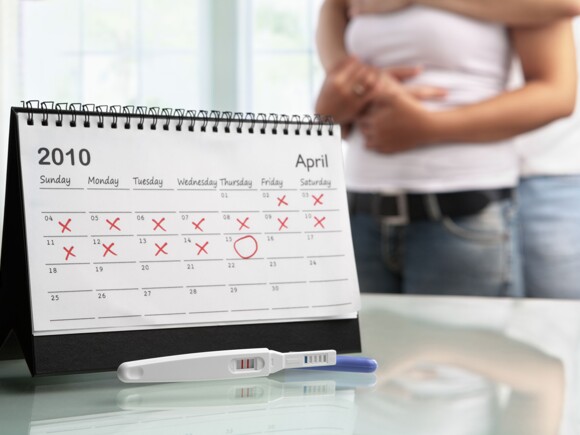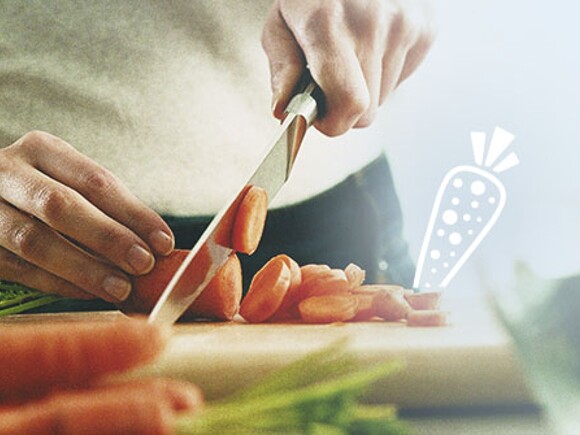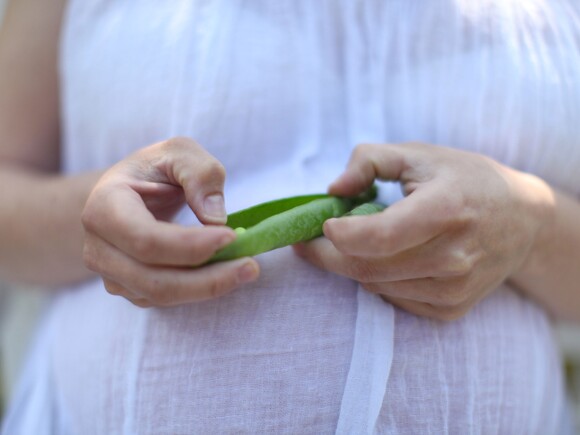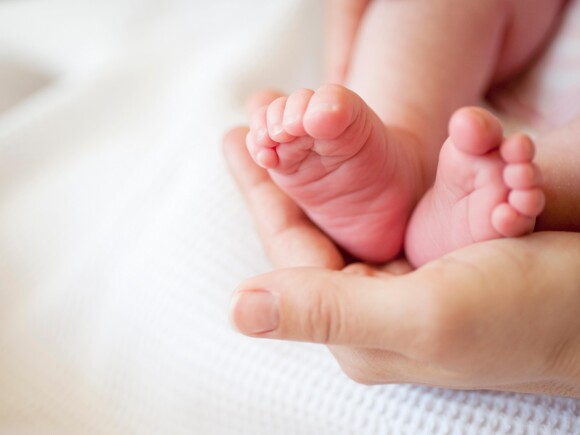That is why when you are carrying a child, it becomes more important than ever that you know the best food for pregnancy and what foods to avoid while pregnant. This is also a time when you can easily get infections, such as Listeriosis and Toxoplasmosis, from contaminated food. But don't panic - with good dietary habits and proper hygiene, such complications can easily be avoided. It also pays to know what you’re up against.
What is Listeriosis?
Listeriosis is a serious infection that you can get by eating food contaminated with bacteria called Listeria monocytogenes. Pregnant women and the developing babies in their tummies – even newborns, people with weakened immune systems, and the elderly – are easy targets for Listeria. Listeria can cause blood infection, meningitis and other life-threatening diseases. For a pregnant woman, it could have the following damaging effects on her pregnancy and baby:
- Infected placenta, amniotic fluid and fetus, thereby causing miscarriage or stillbirth
- Infected babies who survive are likely born prematurely. Many of them will be severely ill or get sick soon after birth, with problems that include blood infection, difficulty in breathing, fever, skin sores, lesions on multiple organs, and central nervous system infections such as meningitis.
What can I do to avoid getting infected?
Food for pregnant women becomes safer if you follow these guidelines:
- Cook meat, poultry and fish very well. If you do not have the tools to measure the temperature of the meat, cook it until it's no longer pink in the middle. Fish should be cooked until the flesh in the middle is opaque. And – don’t taste food before it is properly cooked!
- Don't keep food around too long. Finish perishable and ready-to-eat food as soon as possible after you buy it, especially once you've opened it – even if it hasn't yet passed the expiration date. This date refers only to unopened products.
- Clean sponges and dishcloths regularly. Keep in mind that dishcloths and sponges can harbor bacteria. Wash dishcloths regularly in hot water. Heat sponges in the microwave. Dry dishes, utensils, surfaces and your hands with a clean dishtowel or use a paper towel.
- Avoid contaminating food that's ready to eat. Keep potentially contaminated food (such as unwashed produce; uncooked meat, poultry, or seafood; hot dogs and deli meat) separate from clean produce and from cooked, ready-to-eat food.
- Wash counters, cutting boards, dishes, utensils and your hands with hot soapy water after contact with potentially contaminated food, AND before you handle clean produce or cooked meat so you don't contaminate your food.
- Thoroughly wash or peel all fruits and vegetables before eating them.
What is Toxoplasmosis?
Toxoplasmosis is an infection you can get from a microscopic parasite called Toxoplasma gondii. Although the infection generally causes a mild illness in people with a healthy immune system, it is risky during pregnancy because the parasite may infect the placenta and the unborn baby.
How can I prevent toxoplasmosis?
Here are the steps you can take to protect yourself from catching Toxoplasmosis.
When it comes to handling food:
- Wash hands thoroughly before preparing food. After you've finished cooking, wash your hands, cooking utensils and surfaces very well.
- Wash fruit and vegetables (pre-washed salad greens included) if you are eating them raw.
- Thoroughly cook all meat and chilled or frozen ready meals before you eat them.
- Don't drink unpasteurized milk and cheese, or cream made from unpasteurized goat's milk.
Other foods to avoid during pregnancy:
- Food that has expired, especially those that have already been opened. Always check the expiry dates and remember that they refer only to unopened products.
- Leftovers, especially if you don’t know how long they have been stored. If you are confident that they’re still fresh, make sure to reheat before eating.
- Meals that have been prepared with unwashed hands. Hygiene is a top priority when preparing food for pregnancy.
- Food that has been stored in unclean places or containers. Regularly clean the refrigerator and cupboards with bleach.
- Remember: alcoholic drinks are not at all advisable during your pregnancy due to alcohol’s harmful effects on the fetus.
- Limit your coffee and other drinks with high caffeine content, carbonated drinks or tea.
From the NESTLÉ Global Archive co-written with RND JENNIFER NAVAJA
Other Sources:
Claudio, Virginia Serraon, Ofelia V. Dirige, Adela Jamorabo-Ruiz. Basic Nutrition For Filipinos. 5th ed. Manila: Merriam & Webster Book Store, 2004.
Nayeri U, Thung S. Congenital fetal infections. In: A DeCherney and N Lufer, eds. Current diagnosis and treatment: Obstetrics and gynecology. Eleventh edition (international). McGraw-Hill, 2013
(NHS 2013f, Nayeri 2013, NICE 2008, Tommy’s 2013)
NICE. 2008. Antenatal care: Routine care for the healthy pregnant woman. National Institute for Health and Care Excellence. www.nice.org.uk
Tommy's. 2013. Toxoplasmosis and pregnancy Tommy’s the baby charity. www.tommys.org











